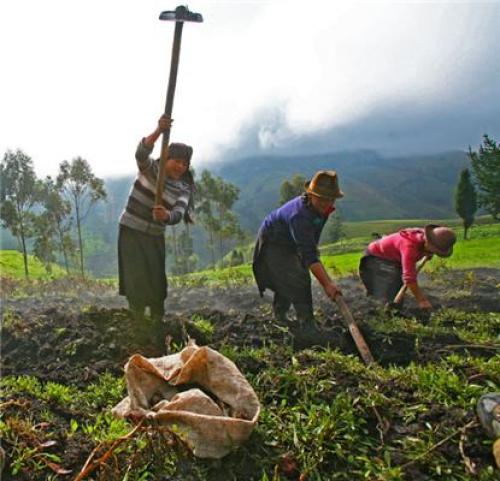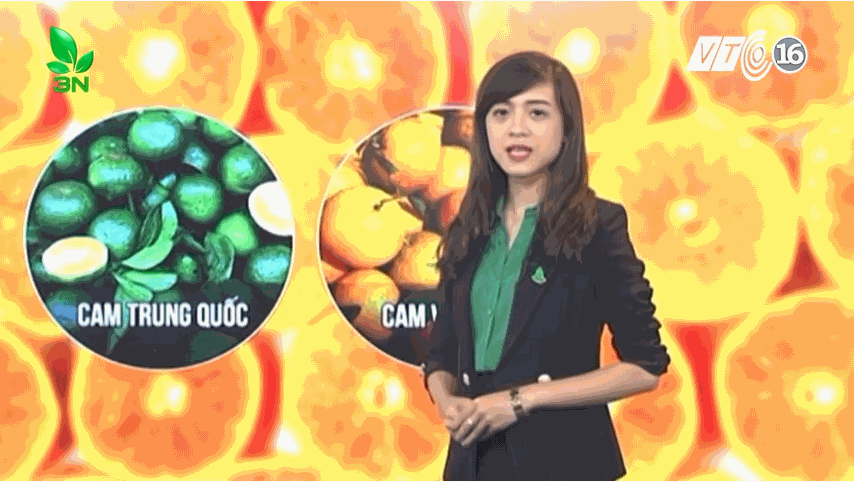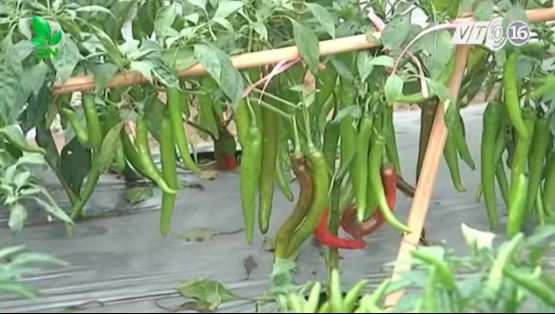Virus to Control Potato Moth
New biological insecticides have emerged in recent years which make use of so-called "entomopathogenic" viruses that are harmful to insects, in particular the baculovirus. To identify the virus in this family that will most effectively control the Guatemalan potato moth, the French-Ecuadorian research team have analysed the pathogens among moths from all over the world. And the winner is… the granulosis virus, or granulovirus, which appears to be the most wide-spread. The researchers detected it in mo

The researchers then did a laboratory test of a formula based on this virus. The result was as efficient as chemical products: it produces a mortality rate among Guatemalan potato moth larvae of more than 98%!
Pulverised on the surface of potatoes or the eggs of the invasive species, the granulovirus contaminates the larvae through ingestion. It then spreads through the digestive tract and to the entire organism of the host, causing a lethal infection within two or three days. The action is therefore relatively slow compared to chemical insecticides that have an immediate effect upon contact. Its use also requires expert knowledge and detailed monitoring of the moth's biological cycle, ecology and behaviour, which could hold back its deployment for biological control.
Nevertheless, such a biopesticide has many advantages and is a worthwhile alternative to chemical insecticides which are still the primary method used by farmers in Ecuador. Phytosanitary products are toxic for the environment and potentially for the user as well. Using biological pesticides that rapidly degrade in the environment would reduce the risks of pollution.
For efficient control of the Guatemalan potato moth, the use of this viral pesticide must therefore necessarily form part of an integrated control strategy. To this end, the French-Ecuadorian team has since 2006 been doing genetic, agronomic and ecological studies: molecular analyses to describe the genetic structure of the pests, a study of the impact of temperatures on their ecology by means of drones with thermal cameras… The aim is to get a better understanding of the insects' population dynamics and define good practices to limit their proliferation. In this respect, the researchers have developed methods like role-playing games to raise awareness among farmers. Recent surveys have shown their efficiency on a regional scale (Ecuador, Peru and Bolivia). Training remains a key element in efficient crop-pest management.
Click here for more information.
Newer news items:
- Purple Sweet Potatoes Among 'New Naturals' for Food and Beverage Colors - 08/11/2017 05:11
- Sensors Allow for Efficient Irrigation, More Control Over Plant Growth - 08/11/2017 05:09
- Creating Plants That Make Their Own Fertilizer - 08/11/2017 05:08
- Genetic Treasure Hunting in Sorghum May Benefit Crop Improvement - 08/11/2017 05:05
- Making Plants' Inner Qualities Visible - 08/11/2017 05:03
Older news items:
- Pesticides Contaminate Frogs from Californian National Parks - 08/11/2017 04:57
- Secret of Plant Geometry Revealed: How Plants Set the Angles of Their Branches - 08/11/2017 04:55
- World-Changing Technology Enables Crops to Take Nitrogen from the Air - 08/11/2017 04:51
- Magnets Help Plants Grow - 08/11/2017 04:49
- Pollinators Easily Enhanced by Flowering Agri-Environment Schemes - 08/11/2017 04:46


